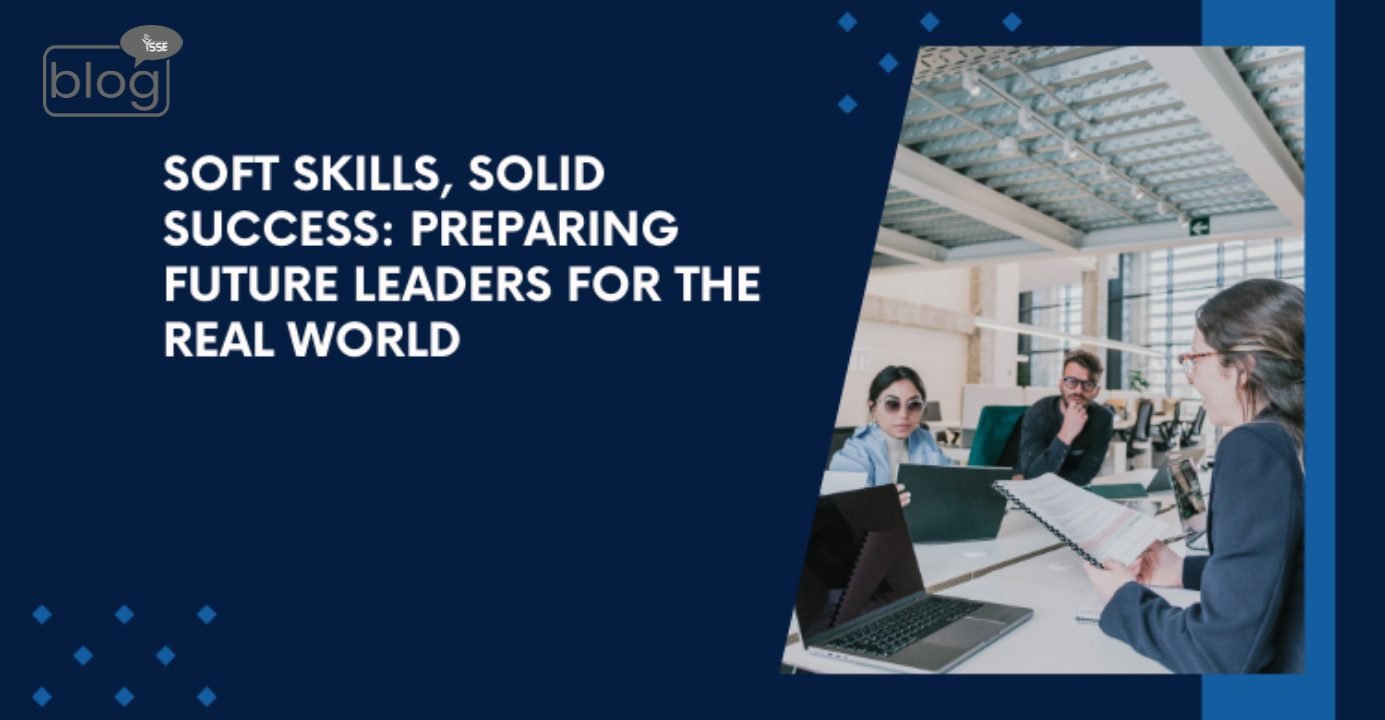In today’s era, soft skills are crucial as well as hard skills. However, as business evolved, hard skills like data analytics and coding are crucial for hiring. But the real game changer is ‘ SOFT SKILL’.
What is Soft Skills :-
Now, here we look into what is called soft skills.
Soft skills are common skills that describe how an individual works and an individual interacts with others.
Soft skills are learned and evolved. Some soft skills are time management, public speaking, leadership, problem solving, critical thinking etc. According to a Linked in study,
92% of professionals believe that soft skills are as crucial as hard skills.
Some Essential Soft Skills that enrich one’s Career Scale :
Time Management : Time Management means getting the work assignment effectively and efficiently within the deadline. It is considered as a soft skill.
It ensures high productivity, quality work. It can meet professional goals and objectives.
Communication : Communication skill means to allow others to understand the information more accurately and quickly.
It can help an individual to make a good impression on the interview board and pass the selection process. It helps in being understood well and also in helping understand the needs of those around you.
Emotional Intelligence : It is the ability to manage an individual’s own emotions in a positive way.
And, it can overcome challenges and helps to build stronger relationships at the workplace. Emotional intelligence can be developed and used in a good way to show the leader inside of an individual.
It can be learned and developed. Emotionally intelligent people are leaders at managing their emotions in a chaotic situation by staying calm and in control.
It also helps to achieve career objectives. It can turn intention into action and make informed decisions about what matters most to you.
Adaptability : Leaders need to be resilient in the face of unpredictability as change is imminent.
Success is more likely for those who can adjust to changing circumstances, welcome innovation, and provide a positive example when things are unclear.
Collaboration : Collaboration is a necessary ability for creating and managing high-performing teams.
Innovative and effective work environments are made easier by leaders that appreciate and accept different viewpoints, promote candid communication, and cultivate a feeling of community.
Fostering Soft Skills in Future Leaders via Education and Training:
It is necessary to incorporate training in soft skills into professional development courses and curricula. Providing mentorship opportunities, workshops, and seminars can help potential leaders improve their interpersonal skills.
Real Life Experiences:
Future leaders can utilize and develop their soft skills through valuable possibilities provided by practical experiences like internships and real-world projects.
Doing leads to an in-depth of emotional intelligence, adaptability, and successful communication.
Constant Learning :
Soft skills need constant improvement because they are dynamic. Promoting an environment in which learning never stops in organizations guarantees that leaders remain ahead of the curve and can adjust to changing leadership challenges ft skills are so essential to help everyone to build a high career scale.
These skills can influence how people perceive people’s company, their work. It is impacting their decision to work with the business.
Soft skills can determine the success of an individual’s social interactions, communication, the effectiveness of work and ability to mediate the emotional chapter to build a great reputation.
To read more blogs like this, click here.
Writer
Nupur Akter
Intern
Content Writing Department
YSSE

